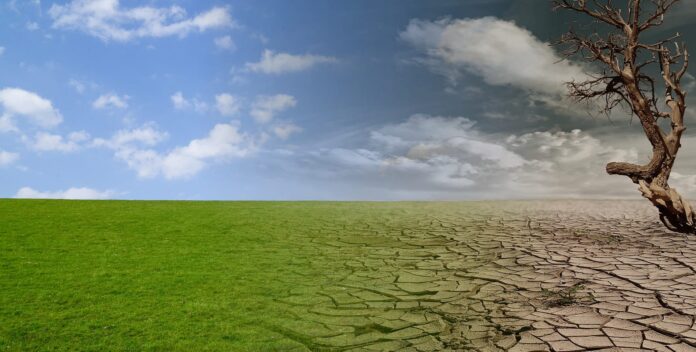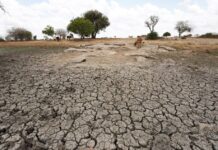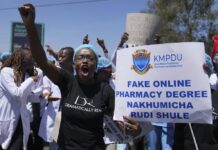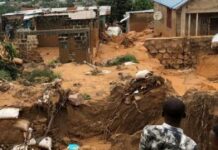In 2021 alone, climate-related disasters caused the internal displacement of more than 23.7 million people, while many others had to move abroad. The report cites devastating typhoons in the Philippines and Bangladesh, which is particularly prone to cyclones and storms.
Human trafficking involves the recruitment, transportation, harbouring and/ or exercising control, direction or influence over the movements of a person in order to exploit that person, typically through sexual exploitation or forced labour. Human trafficking is a heinous crime that exploits the most vulnerable. It is often described as a modern form of slavery.
Victims suffer physical or emotional abuse and often live and work in horrific conditions. They may also face fatal consequences if they attempt to escape. This crime represents a consistent and pervasive assault on the fundamental human rights of its victims.
Indigenous peoples who choose or are forced to migrate away from their traditional lands often face double discrimination as both migrants and as indigenous peoples. Indigenous peoples may be more vulnerable to irregular migration such as trafficking and smuggling due to sudden displacement by a climactic event, limited legal migration options and limited opportunities to make informed choices. Deforestation, particularly in developing countries, is pushing indigenous families to migrate to cities for economic reasons, often ending up in urban slums.
Indigenous peoples in Africa’s Kalahari Desert are forced to live around government drilled bores for water and depend on government support for their survival due to rising temperatures, dune expansion and increased wind speeds which have resulted in a loss of vegetation, and negatively impacted traditional cattle and goat farming practices.
The high altitude regions of the Himalayas, glacial melts affecting hundreds of millions of rural dwellers who depend on the seasonal flow of water is resulting in more water in the short term, but less in the long run as glaciers and snow cover shrink.
In the Amazon, the effects of climate change include deforestation and forest fragmentation and consequently, more carbon is released into the atmosphere exacerbating and creating further changes. Droughts in 2005 resulted in fires in the western Amazon region and this is likely to occur again as rainforest is replaced by savannas thus, having a huge affect of the livelihoods of the indigenous peoples in the region.
The potential threat of climate change to indigenous peoples’ very existence combined with various legal and institutional barriers, which affect their ability to cope with and adapt to climate change, makes climate change an issue of human rights and inequality to indigenous peoples.
It is also important to note that enhancing and supporting the adaptive capacity of indigenous peoples will only be successful if it is integrated with other strategies such as disaster preparation, land-use planning, environmental conservation and national plans for sustainable development.
In many instances, adaptation to new conditions requires additional financial resources and the transfer of technological capacity that most indigenous communities do not possess. While short-term adaptation activities are underway, resource and capacity constraints are limiting the implementation of long-term adaptive strategies.
Human trafficking is often confused with human smuggling and although the crimes may overlap, they require separate legal and policy responses. They may be distinguished in four principal ways. First, human smuggling is always transnational in nature while trafficking in persons need not be. Second, smuggled persons generally consent to being smuggled while trafficked persons can never consent to the conduct which forms the basis of trafficking.
Third, smuggled persons are generally free to do what they want once they have arrived in the country of destination. In contrast, trafficked persons have their liberty curtailed and are compelled to provide their labour or services. Finally, smugglers make their profits through the fees associated with their services. Traffickers, on the other hand, profit through exploiting the labour or services of trafficked persons.














